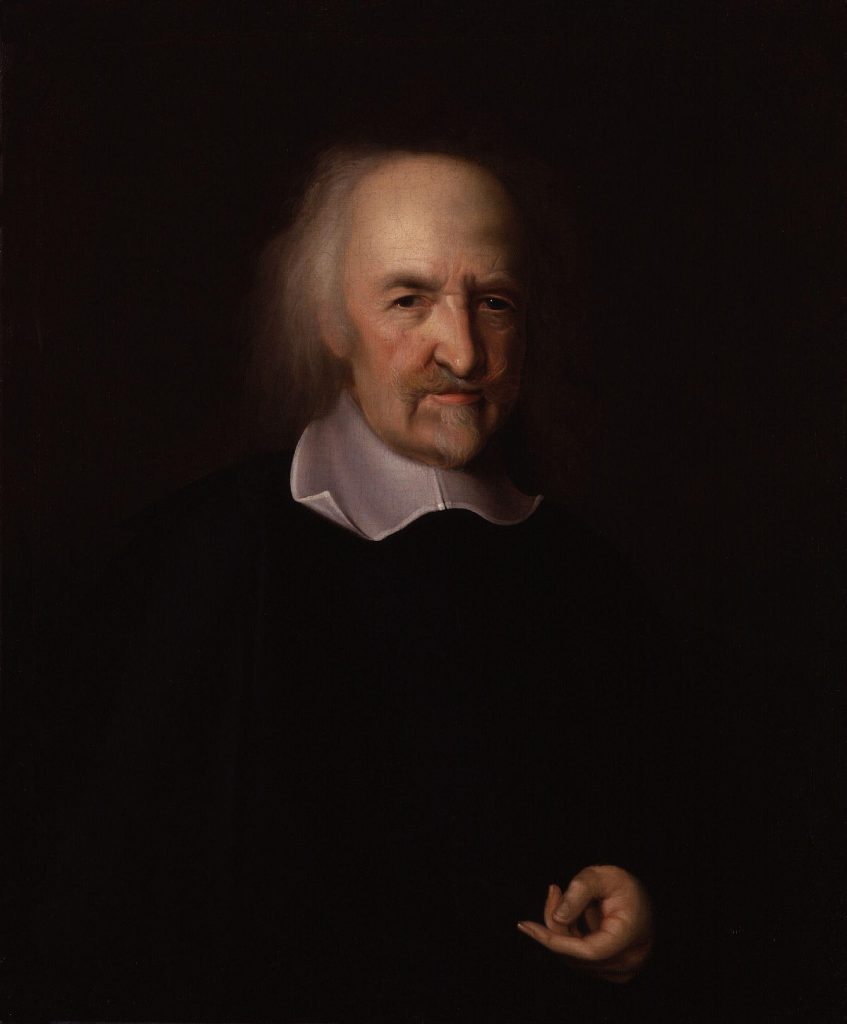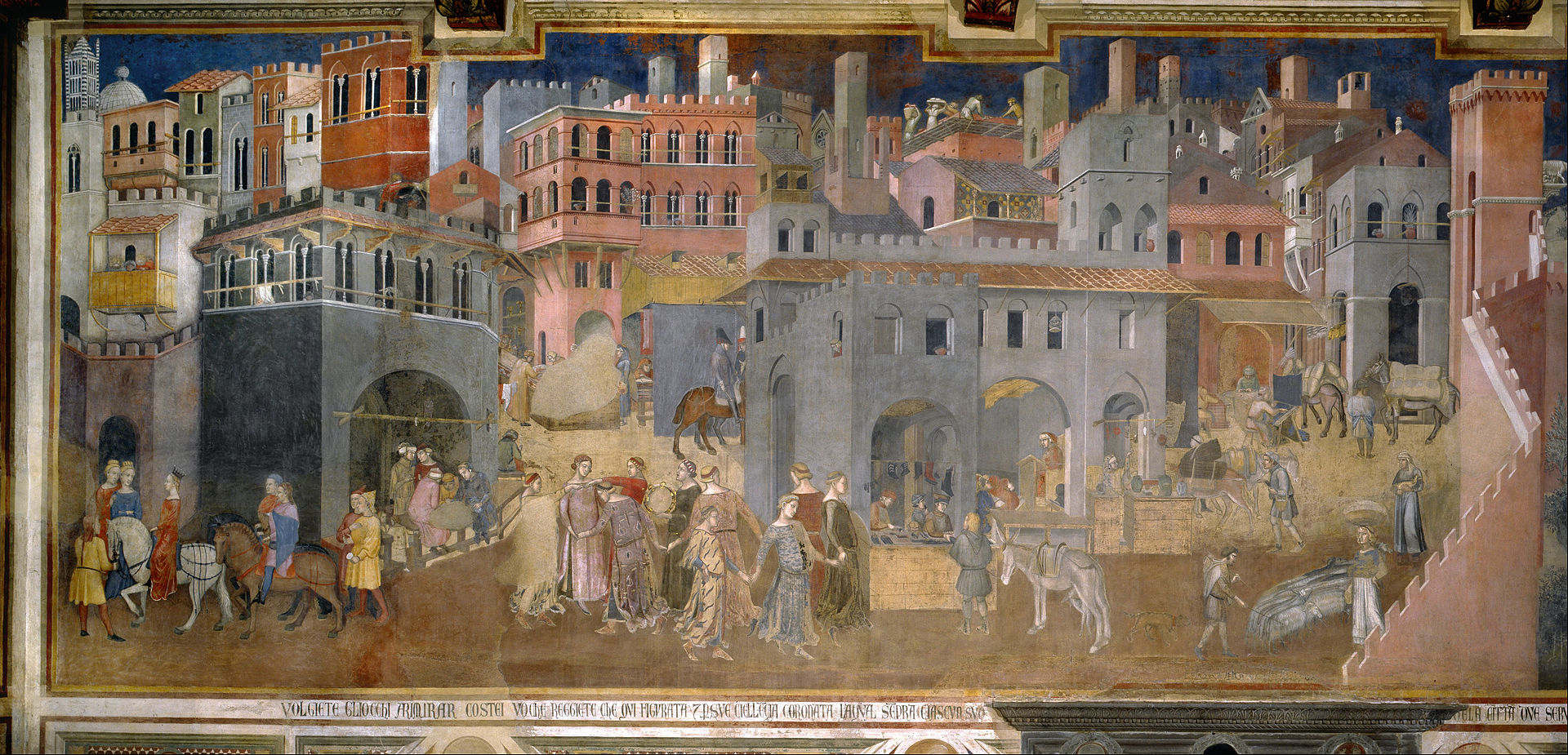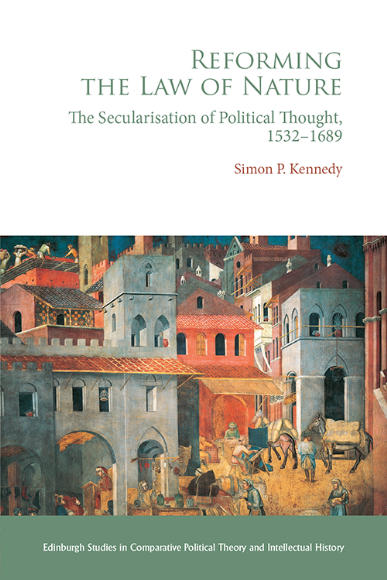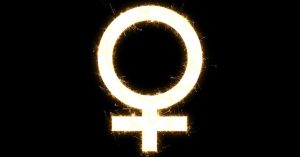
by Simon P. Kennedy
Back in 1532, the French Protestant reformer, John Calvin, wrote a major commentary on Seneca’s De clementia. Buried in this work is an important statement: “Man is a social animal.” Calvin believed that humans were naturally social. I argue in Reforming the Law of Nature that he also believed they were naturally political.
This seems like an inconsequential fact. However, it forms the basis of my reassessment of the role of the Reformed tradition in the secularisation of political thought. Calvin was just one exemplary figure in early Reformed Protestantism who held a belief in the political nature of humanity. This notion was common in European intellectual history, stemming from Aristotle, through the scholastics, into the early Protestants.

It is when we arrive at Thomas Hobbes and those who follow after that we see a divergence from this. Thomas Hobbes and John Locke are the two examples in my book, but there are numerous others who reject political naturalism and replace it with an understanding of politics as a human artefact.
Why does this matter? For one, it shows that the early Protestant tradition cannot be lumped in with later innovations, like those of Hobbes and Locke. Particularly when it comes theories of natural law, Hobbes and Locke diverge significantly from the earlier Protestant thinkers.
This impacts several things. First, in their separation of the law of nature from God and transcendent purpose, they lay the foundations for big shifts in thinking about wider issues. Second, once they rejected a transcendent purpose for the natural law, they moved from the aforementioned political naturalism towards an artificial account of political life.
Political naturalism sounds like a non-theological account of politics. However, within the Christian intellectual cultures of the early modern period, it meant that what was natural was, in fact, God’s design. Politics had a divine origin and a divine purpose. (As an example, see my article about Richard Hooker’s political naturalism here. Or my article on Johannes Althusius’ ideas here.)
What Hobbes and Locke achieved was more than a secularisation of the natural law. They also, subsequently, separated God from the foundations of political life and separated God from politics.
I argue that this separation, which is actually a desacralisation, underpins the broader trend of secularisation in political thought. What looks like a benign reworking of natural law theory becomes something much bigger. What are ramifications of this change for our own political cultures? I explore this in my conclusion, but you can decide for yourself.
Want to keep up to date on our latest Philosophy books? Sign up to our mailing list.
About the book
Uncovers the relationship between early modern natural law ideas and secular conceptions of politics
- Provides a fresh interpretation of the historical relationship between early modern developments in natural law theories and important features of modern political thought, including secularization and liberalism
- Offers a fresh, interdisciplinary reading of early Reformed Protestant natural law jurisprudence and political thought
- Reframes the relationship of the Reformed Protestant tradition to both medieval and Enlightenment political thought and jurisprudence in a way that has a lasting impact on scholarly discourse in law, intellectual history, theology, and political science
Pre-order now
About the Author

Simon P. Kennedy is an intellectual historian with research interests in the intersections between legal, political and religious thought. He is Senior Lecturer in Humanities at Christian Heritage College in Brisbane, and a Research Fellow at the University of Queensland.






